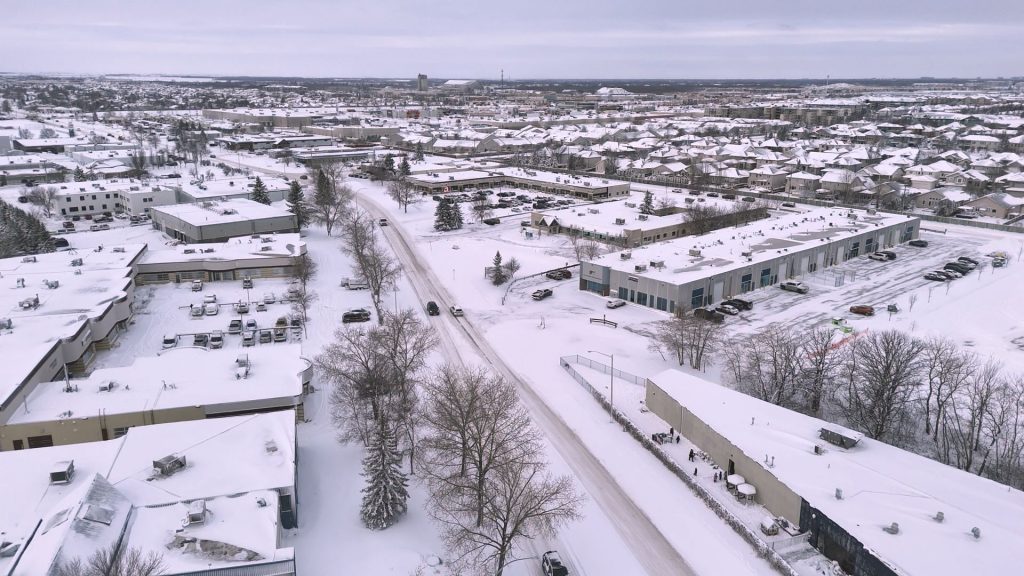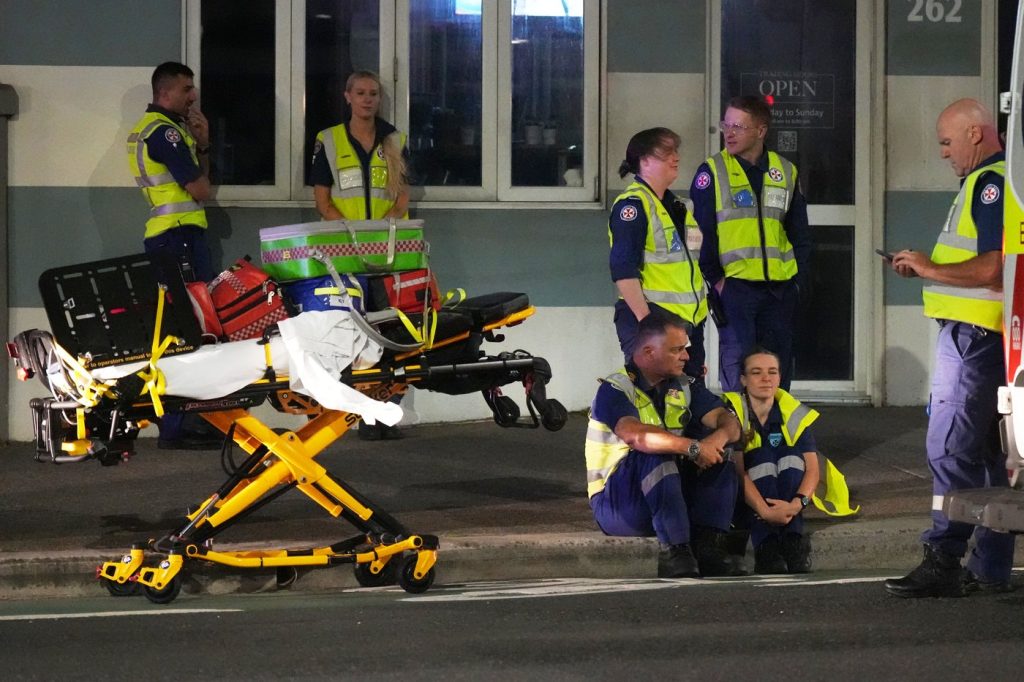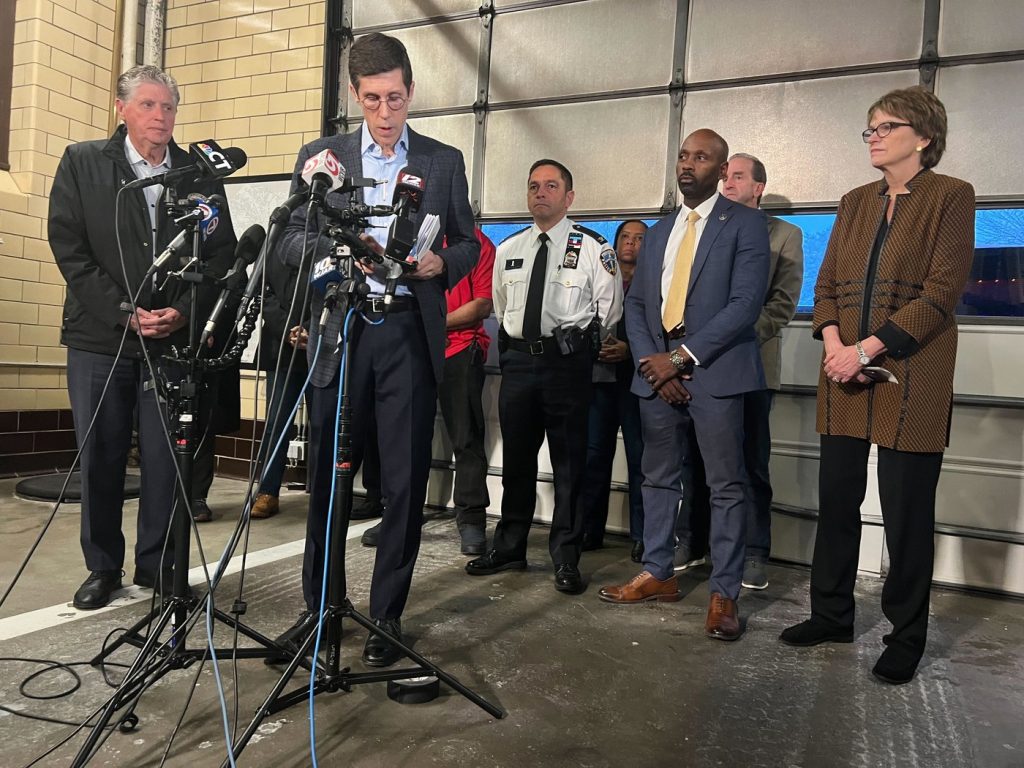Quicker supports for military veterans needed: experts
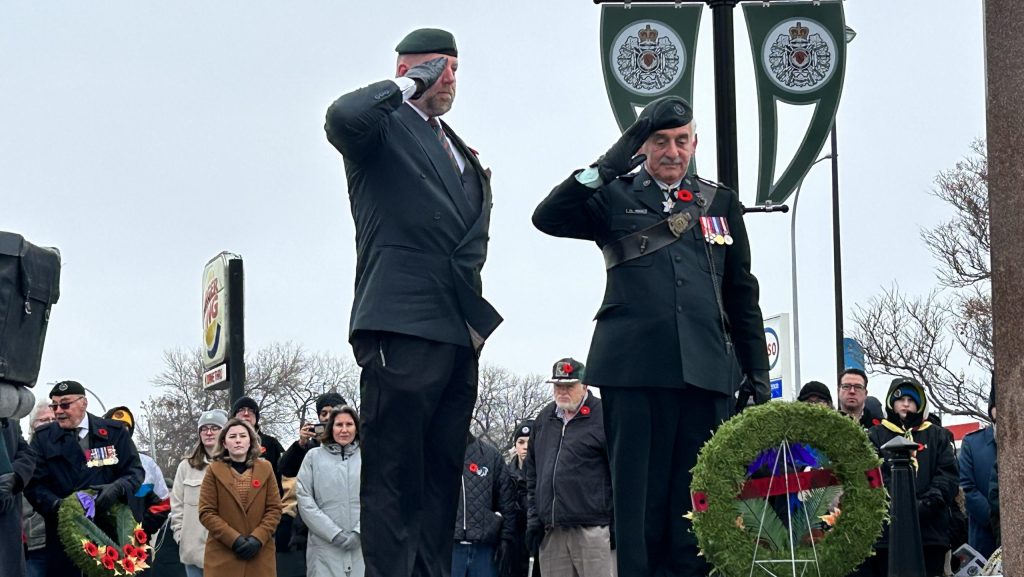
Posted October 23, 2024 5:20 pm.
Last Updated October 24, 2024 3:39 pm.
Reminders of the people who served Canada are scattered across Winnipeg.
The Royal Winnipeg Rifles regimental monument at Vimy Ridge Park is a major one, where the names of fallen soldiers are engraved.
But there are 460,000 names that aren’t engraved anywhere – the names of Canadian veterans who may be away from the battlefield but continue to fight to improve the well-being of veterans and their families everywhere.
“War is ugly. So the baggage that comes with it is terrible,” said veteran Paul Hook.
Hook served in Afghanistan in 2005, becoming the fourth generation in his family to have served and retired from service.
“My great-grandfather served in World War I, injured at Vimy Ridge,” he said. “My grandfather served as a fighter pilot. My dad and my mom both served in the military.”
Hook, who for the last 14 months of being a civilian is serving as the managing director for Canadian Institute for Military and Veteran Health Research, knows better than anyone how much support veterans need after they transition out of service.
“It’s not a Canadian issue. It’s a whole world issue with all of the military members and veterans,” he said.
There are currently mental health services that exist such as peer support groups and transitionary services to civilian life. Hook says he knows many military veterans who struggle after retiring, and considers himself lucky to have had a positive experience after his own retirement.

Dr. Jitender Sareen, the department head of psychiatry at the University of Manitoba, says while improvements have been made in the aftercare of veterans in the past two decades, there’s still a gap in how quickly people can get the different kinds of care they need.
“Over the life course, up to six out of 10 military veterans will have depression or anxiety or a substance-use problem sometime in their life,” said Jitender, whose research is in mental health with a focus on PTSD, depression and suicide prevention for veterans and public safety personnel.
“The majority of people when they get the right treatments at the right time, they actually recover. Often, the challenge is not having enough of those resources in a timely manner.”
Jitender’s son Jai Sareen, a medical student studying workplace injuries and how they affect first responders, says he sees a parallel between them and military veterans.
Jai says the stigma of mental disorders is still quite high within public safety personnel.
“We all know mental disorder reaches a lot of different communities, but there are certain communities that are vulnerable to this,” he said.
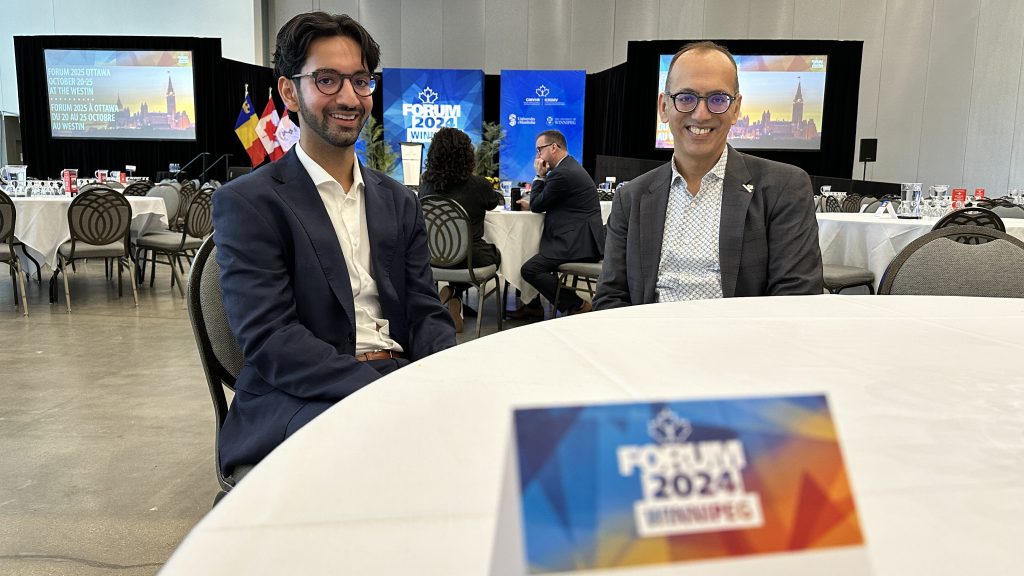
He believes a huge gap in care lies in stigma surrounding PTSD, and hopes more open conversation about mental health can help.
“This can go a long way in ensuring that these individuals aren’t alone in their trauma and we can serve them the way that they’ve been serving us,” Jai said.
It’s why veterans like Hook have teamed up with researchers like the Sareens, so they can be at the forefront of improving the care veterans get in civilian life. The three met at a three-day forum by the Canadian Institute for Military and Veteran Health Research, which wrapped Wednesday in Winnipeg with a keynote address about better supporting the mental health and wellbeing of veterans.
“It’s to make them understand that they still have the freedom that they have based on the choices they made to serve their country,” said Hook.
“I don’t regret a day I spent in uniform,” the veteran said. “It was so much fun. It made me understand and discover who I am as a person, who I am as a Canadian.”
